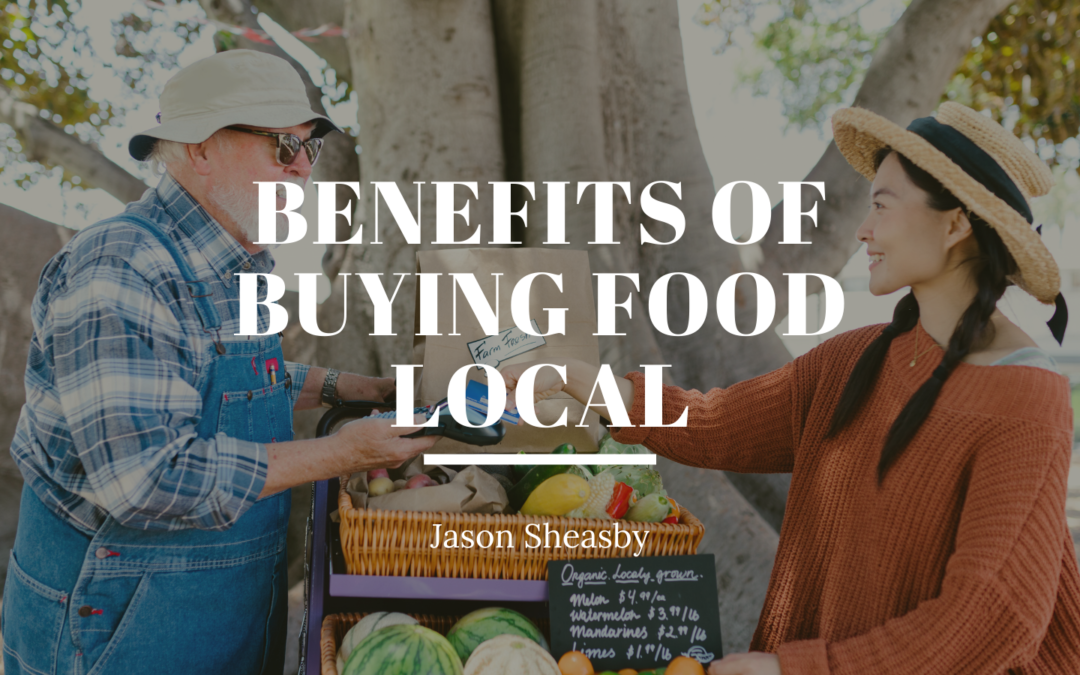Since the rise of the local food movement, many people have started asking why it’s important to eat locally. There’s a growing number of restaurants and grocery stores that are using the term “local” to refer to their produce and other food products. But what exactly is “local” food and how does it affect our planet?
Although there is no formal definition of the term “local food,” one common definition is that food that’s grown and produced within a hundred miles of its source. It’s up to you to decide if it means local or not.
Or, it could be that it comes from a farm that you know and can talk to. For some people, it’s about the values of small-scale farming and community-based agriculture. Read on for some benefits of buying your groceries from local sources.
Health Benefits
Aside from being better for your health, local food also tends to retain more nutrients. It can also be grown and harvested in a way that allows it to ripen naturally. It’s also fresher and doesn’t have to travel a long distance to get to your grocery store.
Getting the most out of your vegetables and fruits by choosing them in season is also beneficial for your health. For instance, a study conducted by a university revealed that imported broccoli only had half the vitamin C of the vegetables grown in season. Another study revealed that the levels of certain nutrients in blackberries increased after they were fully ripe.
Another benefit of buying locally grown food is that it’s less likely to contain harmful chemicals. For instance, when fruits and vegetables are imported and out of season, they often get picked and then “ripened” with ethylene gas. Since organic methods are more expensive, some small-scale farmers might not be able to afford to become certified. However, even if they aren’t organic, they still tend to use less chemicals than large farms. Talk to the farmers at your local market to ask them about the pesticides they use. Doing so will help reduce your exposure to harmful chemicals.
Environmental Benefits
One of the main reasons why eating local food is beneficial for the environment is because it cuts down on greenhouse gas emissions.
Local food also helps preserve green space by preventing developers from taking over the land that’s currently occupied by farmers. Also, with the growing consumer demand, more young farmers are entering the market by developing urban gardens.
However, eating more local food is only one part of the solution when it comes to food sustainability. It’s also important to consider the impact of our food choices on the environment. Local isn’t always better if local farms aren’t operating sustainably.
Economic Benefits
Being able to support local businesses and individuals through the purchase of locally grown food is also beneficial for the community. It allows people to support their local economy and help them prosper.
Small farms can also make more money by selling their products directly to their customers instead of through large agricultural businesses. This allows them to retain more of their profits.
Supporting local food producers also helps create jobs for the people who live nearby. By supporting local farms, you can help them expand their operations and provide sustainable employment for their neighbors.
Being able to supply other local businesses with their meat and produce allows food producers to expand their reach. This allows them to reach out to more people and increase their sales.
Aside from being beneficial for the environment, supporting local farms also helps keep taxes down. Most farm businesses are not dependent on government services such as schools and emergency services.

